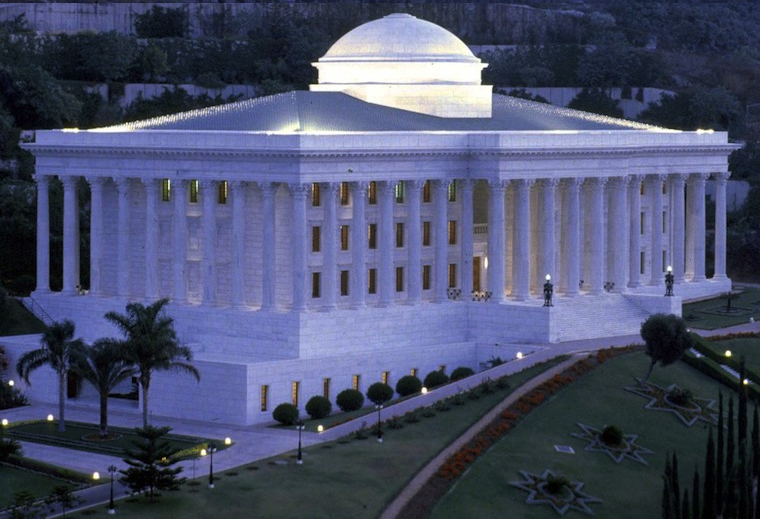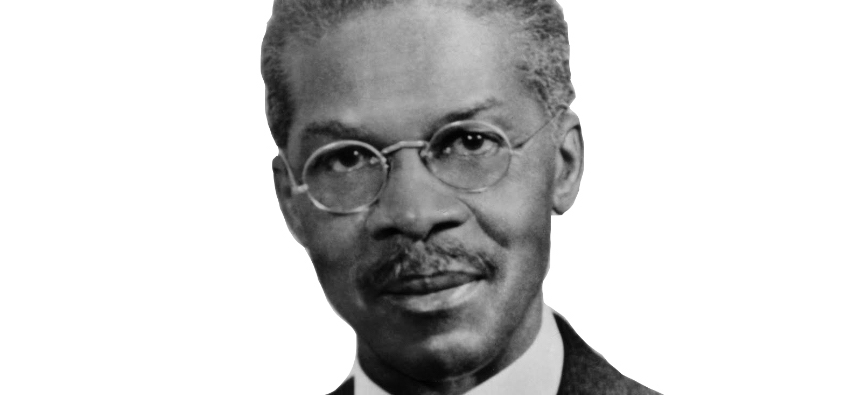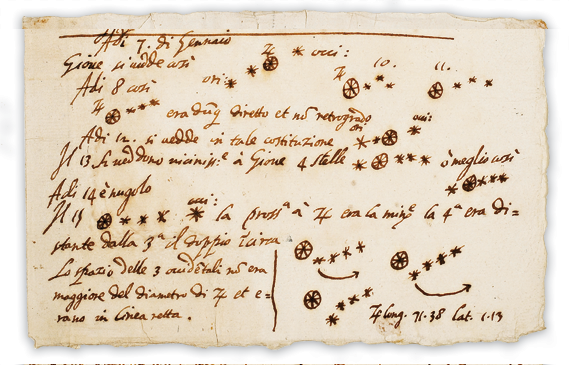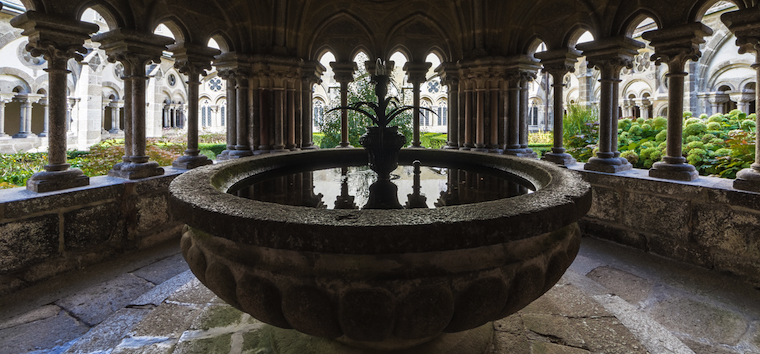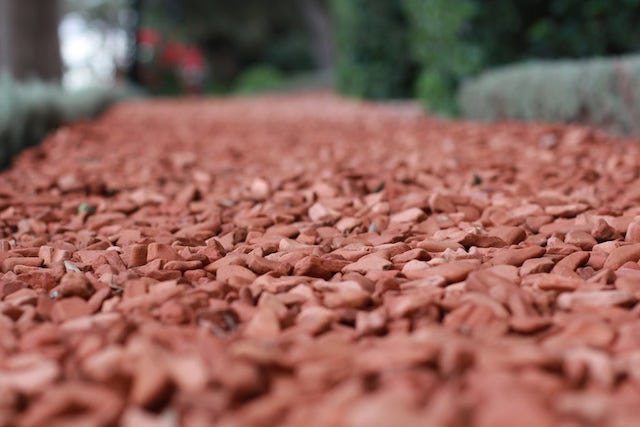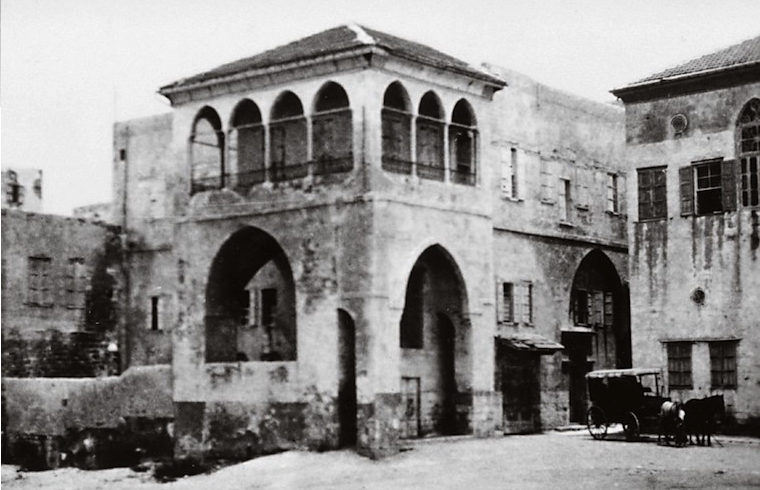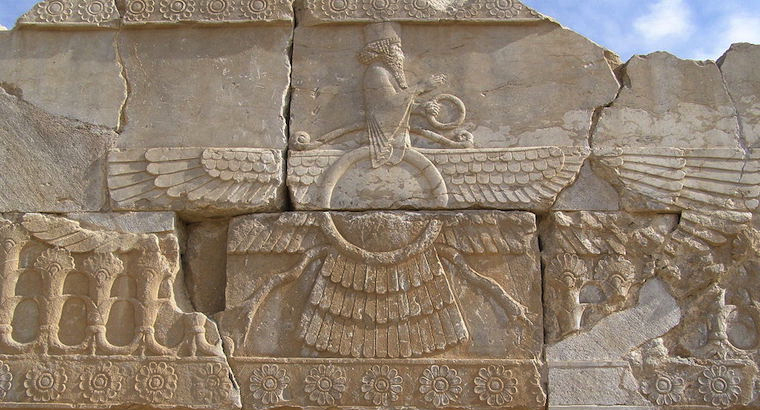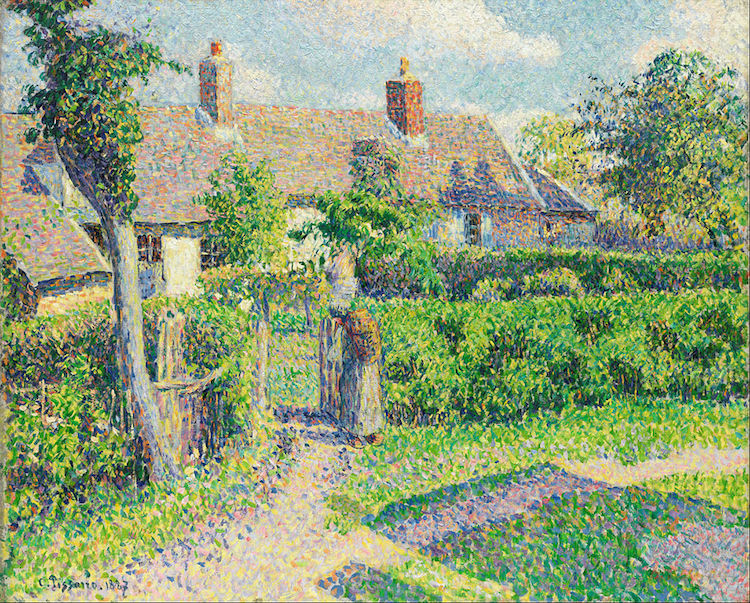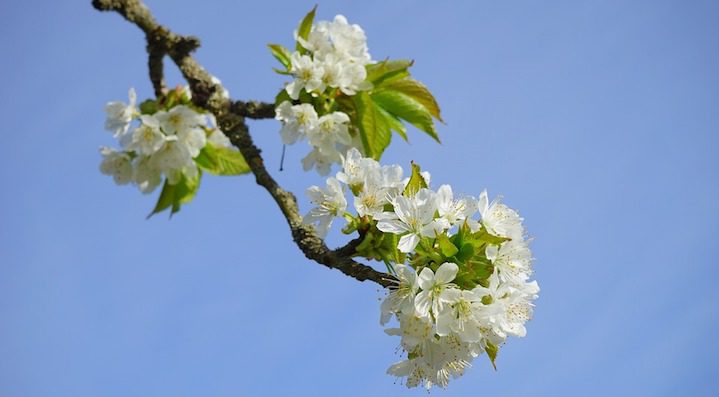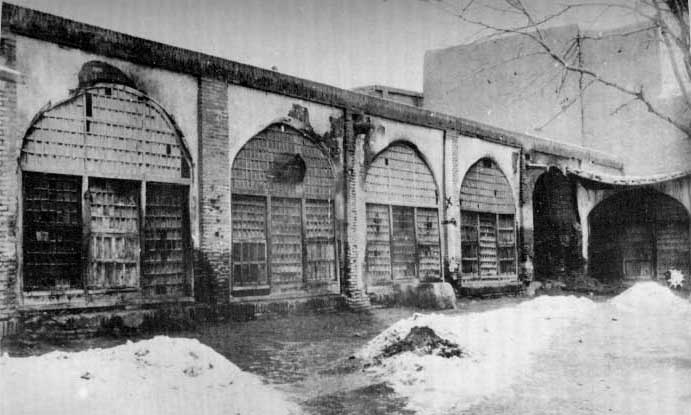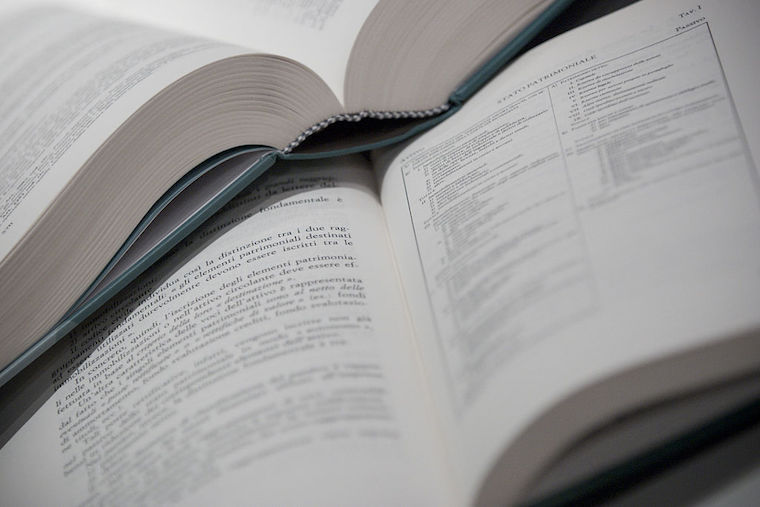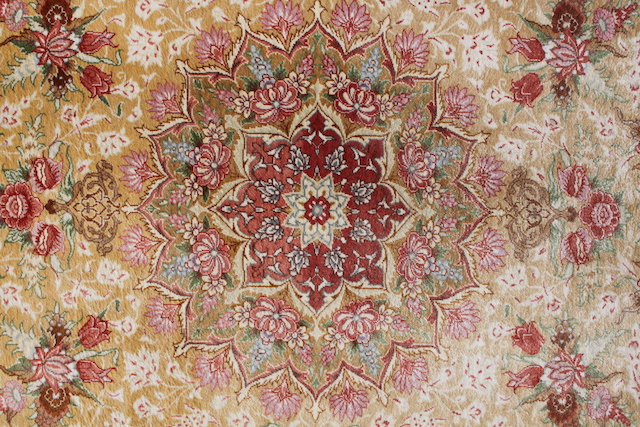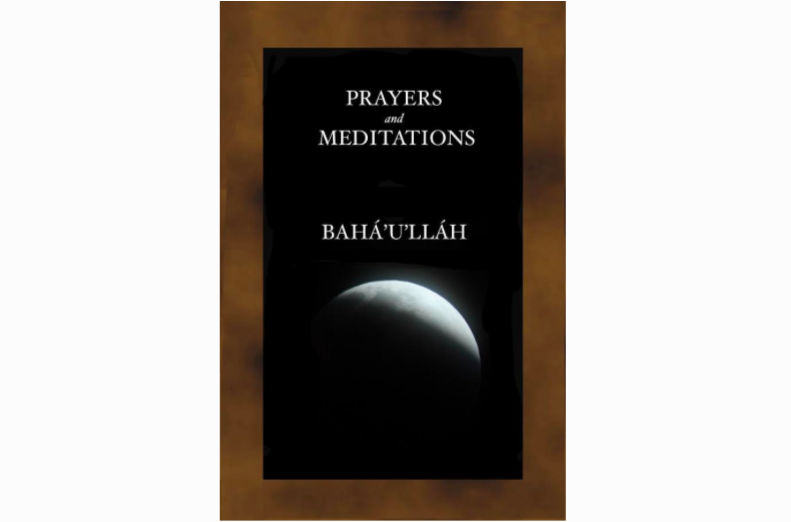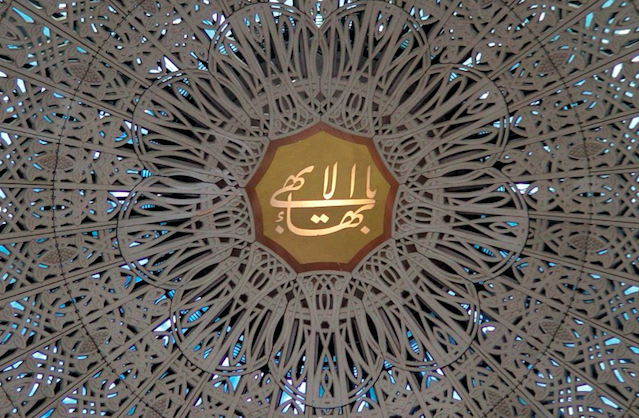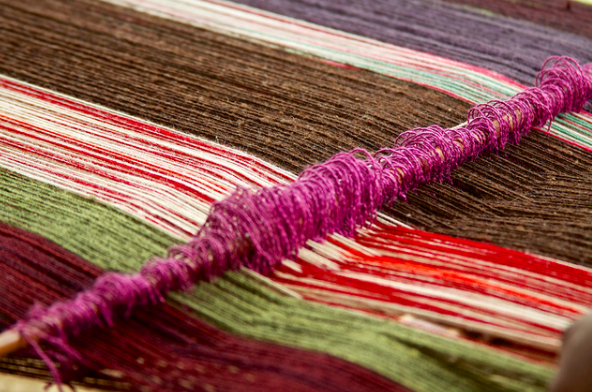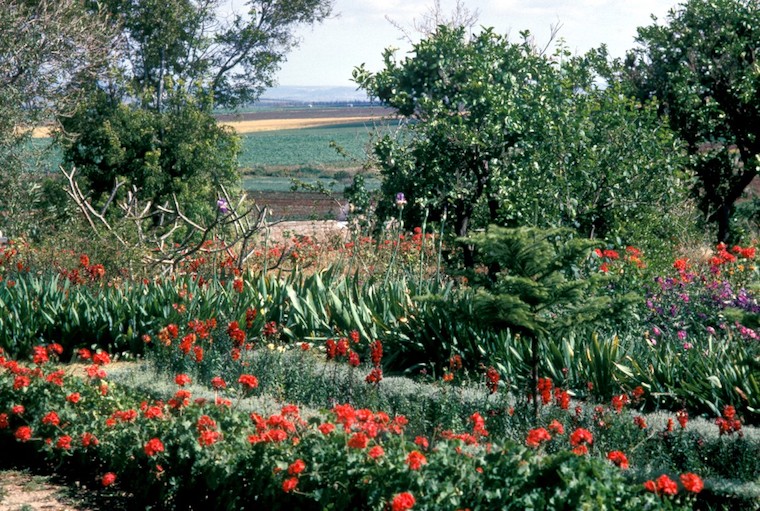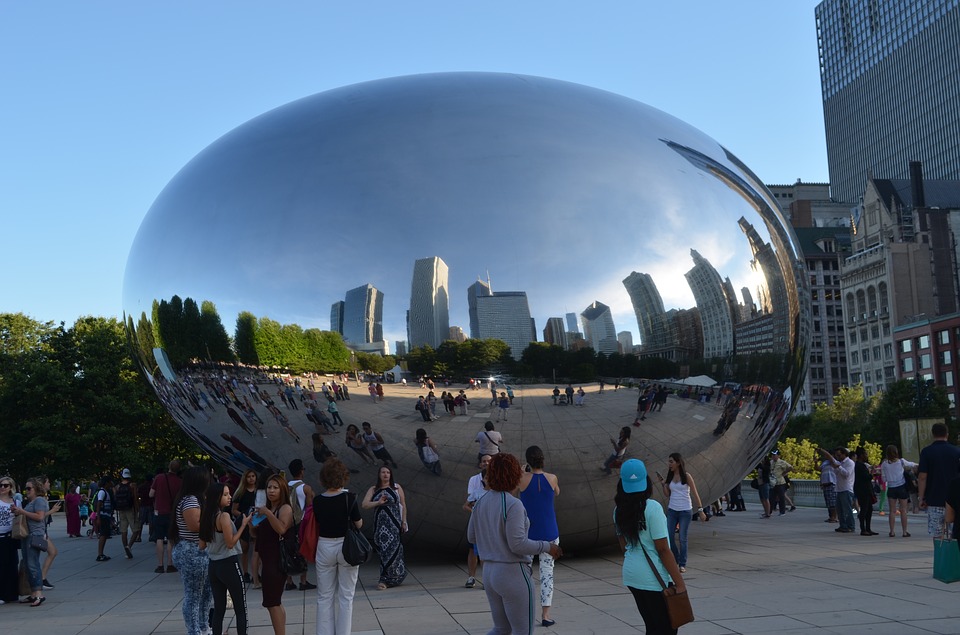-
The Universal House of Justice and an ever changing world
The writings of Bahá’u’lláh are a very considerable religious corpus. Yet within those writings Bahá’u’lláh provides for the guidance and unfoldment of the Baha’i community over the centuries that would follow his passing. Thus in the Kitab-i-Aqdas, his book of laws, he writes: Let not your hearts be perturbed, O people, when the glory of My Presence is withdrawn, and the ocean of My utterance is stilled. In My presence amongst you there is a wisdom, and in My absence there is yet another, inscrutable to all but God, the Incomparable, the All-Knowing. Verily, We behold you from Our realm of glory, and will aid whosoever will arise for the triumph of Our Cause with the hosts of the…
-
The Kitab-i-Aqdas: A New Paradigm
The term “paradigm” is used in a way now familiar in everyday speech – such as in the phrase “a new paradigm” or “paradigm shift”. But this kind of usage has a particular and recent origin. It comes from a philosopher of science whose name was Thomas Kuhn. In the late 20th century, this philosopher undertook a systematic study of the history of science and it how progresses. What he persuasively showed was that science from time to time undergoes “scientific revolutions” — it enters a new paradigm or undergoes a paradigm shift. Such revolutions arise when an existing scientific paradigm encounters more and more unanswered questions that it is…
-
The Kitab-i-Aqdas: A Spiritual Life
In previous articles, we have considered what we mean by law, and we have looked at the process of law reform in the context of Bahá’u’lláh’s mission. When Bahá’u’lláh and his family and followers were initially brought to Akka they had been confined in the citadel of Akka. After two years and two months and 5 days, the citadel being needed to house soldiers, Bahá’u’lláh and his followers were moved elsewhere in the city. After several more moves, Bahá’u’lláh and his family were housed in the House of Udi Khammar. The Kitab-i-Aqdas was written in the House of Udi Khammar in 1873. Although much of the Kitab-i-Aqdas is concerned with…
-
Bahá’u’lláh as Law Reformer
Bahá’u’lláh’s teachings, like the teachings of all prophets, arise in a particular time and place in history. The language used is conditioned by the language which that time and place can hear. Jesus is believed to have spoken Aramaic (a common language of his time and place). His teachings speak to the realities of the people around him – whose daily lives were mediated through Judaic custom, law and teachings. Jesus necessarily spoke in a language connected with those realities — for otherwise it would have been impossible for the people to understand him at all. Nevertheless, we see that although the symbols used are particular to time and place —…
-
What is Law?
Bahá’u’lláh’s purpose throughout his mission was to promote the oneness of humankind but, he notes, that “At one time We spoke in the language of the lawgiver; at another in that of the truth-seeker and the mystic.“[1] If “law” is interchangeable with “mystic truth” it begs the question: what is law? It’s a question that has engaged legal philosophers for centuries – and prominent among their theories is that laws are “commands” – they are “rules” that we have to obey. But, it quickly gets complicated. As legal scholars ask – why can we say that the commands of the head of a criminal gang are not “law” but the…
-
Weaving the Future from the Threads of the Past
Across the world, the 19th century was a time of dramatic change. From our 21st century vantage point we may perceive it as “old fashioned” but in truth it was a time of change such as the world has rarely seen. In some places the world experienced revolutions, in others wide ranging reforms arose in almost every aspect of society. This was the time when the modern world was born. Bahá’u’lláh lived at this time and his writings are often directed to the reform of society. How Bahá’u’lláh goes about weaving the future from the threads of the past provides insights to Bahá’u’lláh’s work that offer food for reflection. Often the past is…
